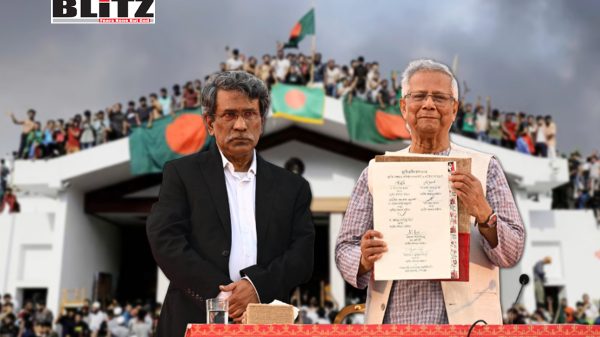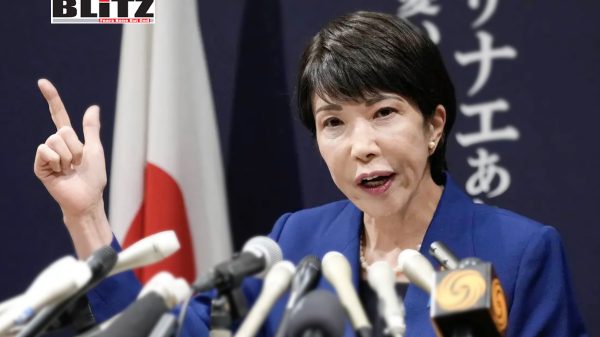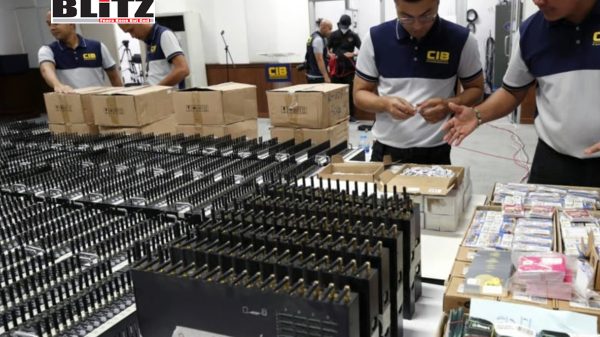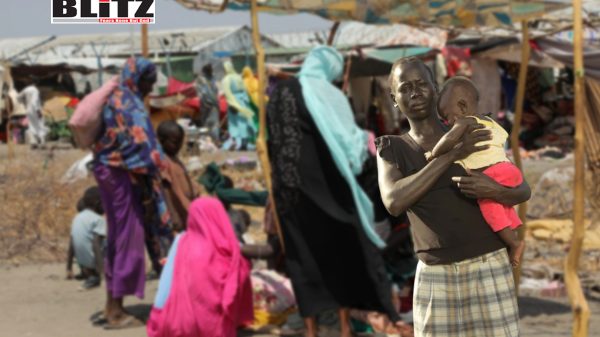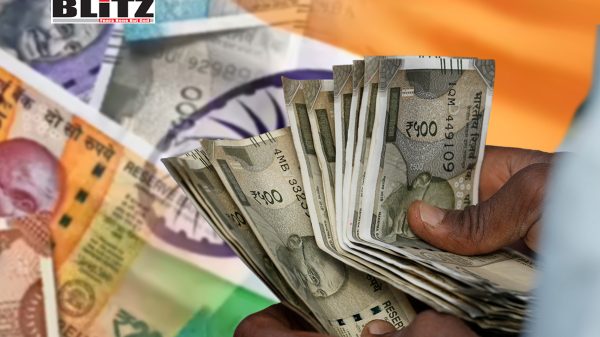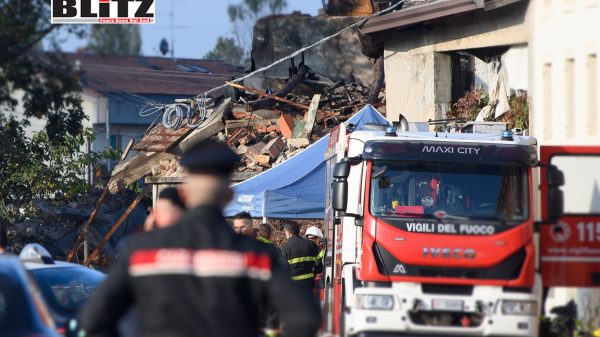Europe confronts Serbia over corruption, deadly negligence, and media repression
- Update Time : Friday, October 24, 2025
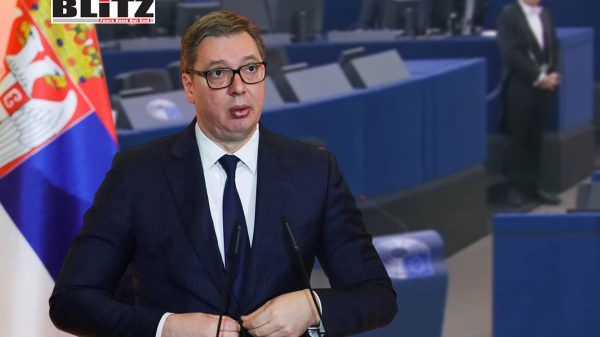
The European Parliament has drawn a sharp line in the sand with Serbia, condemning Serbian President Aleksandar Vučić’s government for what it calls an “escalating wave of repression,” systemic corruption, and the brutal suppression of citizens demanding accountability. The resolution, adopted on October 22, represents one of the most forceful rebukes of Serbia by European institutions in recent years, signaling that the EU’s patience with Vučić’s authoritarian tendencies may finally be running out.
At the heart of the dispute lies the Serbian government’s alleged complicity in corruption, media manipulation, and human rights abuses – all of which have intensified since the deadly Novi Sad tragedy in late 2024. The incident, in which 16 people were killed after the collapse of a newly renovated railway station canopy, has become a defining moment in modern Serbian politics. The project was executed by Chinese contractors under a bilateral agreement that bypassed EU procurement rules, raising immediate concerns about transparency and safety oversight.
The Novi Sad disaster was more than an accident – it exposed the rot at the center of Serbia’s governance model. The infrastructure project had been hailed by Vučić’s administration as a symbol of national progress and Serbia’s growing partnership with China. Instead, it turned into a national scandal after reports surfaced that safety protocols were ignored, inspections were falsified, and contracts were awarded to politically connected firms.
Within days of the collapse, thousands of citizens – many of them students – poured into the streets of Belgrade, Novi Sad, and Niš, demanding justice for the victims and accountability from those responsible. Their slogan, “Corruption kills,” quickly evolved into a wider call for transparency, free media, and the rule of law. What began as mourning turned into a movement for systemic change, challenging the increasingly authoritarian rule of President Vučić and his Serbian Progressive Party (SNS).
The government’s response was swift and brutal. Security forces deployed tear gas and rubber bullets against protesters, while independent monitors documented over 1,000 arrests. There were also reports of minors and journalists being targeted, and human rights organizations accused police of using excessive force, including sonic weapons to disperse crowds.
In addition to physical repression, the Vučić government launched a propaganda offensive. State-aligned media branded demonstrators as “foreign agents,” “traitors,” and “tools of Western destabilization.” Several independent journalists covering the protests reported being followed, threatened, or detained. Investigative outlets such as KRIK and N1 TV faced cyberattacks and regulatory harassment.
It is against this backdrop that the European Parliament’s resolution takes on historic significance. Lawmakers accused Vučić’s administration of waging a campaign to silence dissent, undermine democratic institutions, and erode press freedoms – all while publicly claiming commitment to European integration.
The resolution, adopted by a broad cross-party majority, calls for targeted sanctions against Serbian officials involved in human rights abuses and corruption. It also demands a fact-finding mission to assess the country’s democratic backsliding.
Tonino Picula, the EU’s rapporteur on Serbia, told the Parliament that the measure was about supporting the Serbian people, not punishing them. “The best way to honor the victims of Novi Sad,” he said, “is to expose the corruption that destroys institutions and takes lives.”
The resolution also raised alarm over reports of unlawful surveillance using spyware such as Pegasus. Lawmakers urged the European Commission to investigate claims that Serbian security services used such technologies to monitor journalists and activists.
Kathleen Van Brempt, the European Parliament’s vice president for enlargement, argued that the EU had for too long prioritized stability over democracy in its dealings with Serbia. “For too long, the EU has tried to buy stability by appeasing Vučić,” she said. “To ensure justice and protect democracy from autocracy, the EU must act.”
A particularly damning section of the resolution focuses on media freedom. It cites investigations by OCCRP and Serbian partner KRIK, which uncovered a leaked conversation suggesting that the Serbian government was negotiating with executives from United Media – the parent company of N1 TV, one of Serbia’s few independent broadcasters – to “weaken” its editorial independence.
“The Serbian Government appears to have been negotiating with the owners of the United Media company to ‘weaken’ independent media outlets operating under it,” the resolution noted. Lawmakers warned that if confirmed, such interference would constitute “a serious attack on already endangered media pluralism.”
This revelation is emblematic of a broader trend: the deliberate hollowing out of Serbia’s media landscape. Over the past decade, state-owned outlets have been turned into instruments of political propaganda, while independent journalists face constant threats, defamation lawsuits, and financial pressure.
For Brussels, Serbia has long been a difficult partner – a crucial geopolitical ally in the volatile Balkans, but also a country that has steadily drifted away from democratic norms. Vučić has skillfully balanced between East and West, courting Russian and Chinese investments while maintaining formal ambitions of joining the EU.
However, the latest resolution indicates that the EU’s tolerance is waning. It explicitly links Serbia’s accession progress to “credible improvements” in judicial independence, media freedom, and human rights protections. “Media freedom and an independent judiciary are not wishful thinking – they’re requirements,” Picula emphasized.
While Vučić continues to profess loyalty to the European path, his government’s alignment with Moscow and Beijing – coupled with growing domestic authoritarianism – has made that path increasingly uncertain.
The European Parliament’s resolution is more than a symbolic rebuke. It reflects a growing realization within the EU that democratic erosion in Serbia threatens not only its own citizens but also regional stability. If unchecked, Serbia’s authoritarian slide could embolden other illiberal leaders in Eastern Europe and the Balkans.
For the protesters in Serbia, however, the message from Brussels offers a rare glimmer of hope. It signals that their struggle for justice and freedom is being heard at the highest levels of the European Union.
As one student leader in Belgrade put it during a recent rally, “We don’t need sympathy; we need solidarity. The EU cannot claim to defend democracy abroad if it ignores its decay in Serbia.”
Whether that solidarity will translate into real consequences for Vučić’s government remains to be seen. But one thing is clear: the tragedy of Novi Sad has transformed from a local catastrophe into a national awakening – and Europe, at last, is paying attention.
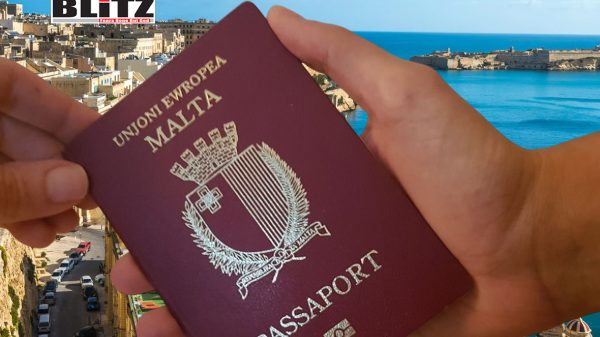
Malta strips citizenship from Russian money launderer as EU scrutiny deepens over ‘golden passport’ scandal
